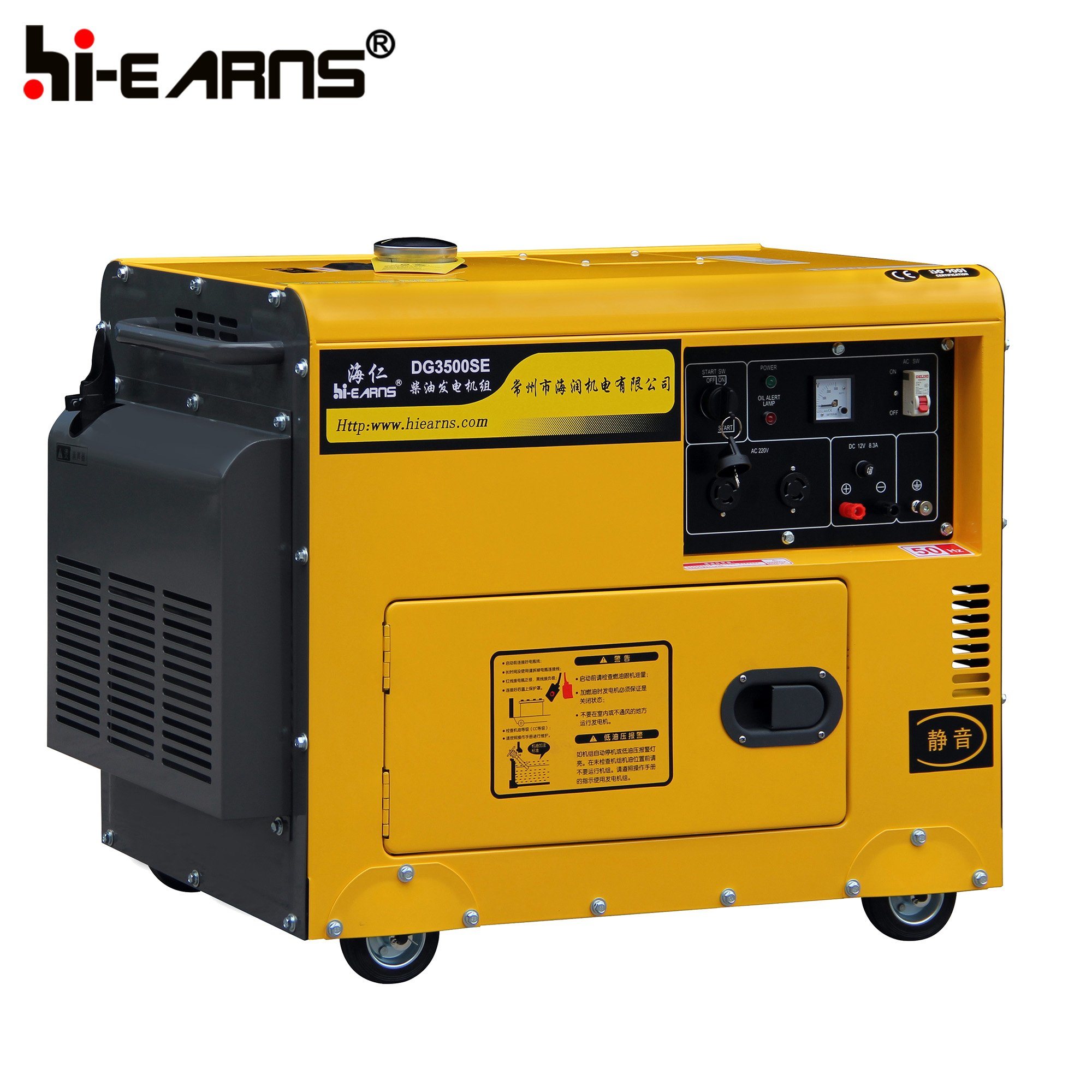Powering Remote Locations The Indispensable Role of Diesel Generators
Introduction:
In today's modern world, access to a reliable source of electricity is often taken for granted. However, there are numerous remote locations around the globe where grid power is simply not a feasible option. These remote areas, such as isolated villages, mining sites, construction sites, and military bases, rely heavily on diesel generators to meet their power needs. In this article, we will explore the importance of diesel generators in powering remote locations, their key features, advantages, and considerations for selecting the most suitable generator for specific applications.
1. Understanding Diesel Generators:

1.1 What is a Diesel Generator?
A diesel generator is a combination of a diesel engine and an electric generator, used to generate electricity. It operates by burning diesel fuel within an internal combustion engine, which then drives an alternator to produce electrical power.
1.2 Key Components of a Diesel Generator:
- Diesel Engine: The heart of a diesel generator, typically a four-stroke compression ignition engine, is responsible for converting chemical energy in diesel fuel into mechanical energy.
- Alternator: Also known as a generator, the alternator converts the mechanical energy produced by the engine into electrical energy.
- Fuel Tank: Diesel generators are equipped with a fuel tank to store the diesel fuel required for operation.
- Voltage Regulator: A voltage regulator ensures a stable output voltage, preventing damage to electrical equipment.
- Control Panel: The control panel allows users to monitor and control the generator's operation, including starting, stopping, and adjusting parameters.
2. Advantages of Diesel Generators in Remote Locations:
2.1 Reliability and Durability:
Diesel generators are renowned for their robustness and reliability. They can operate continuously for extended periods, making them ideal for remote locations where power outages can have severe consequences. Diesel engines are engineered to withstand harsh environmental conditions, including extreme temperatures, high altitudes, and dusty environments, ensuring uninterrupted power supply in challenging circumstances.
2.2 Fuel Availability and Efficiency:
Diesel fuel is widely available, even in remote areas, making it a practical choice for powering generators. Unlike gasoline, diesel fuel has a higher energy density, allowing diesel generators to produce more power per unit of fuel consumed. This fuel efficiency translates into cost savings and reduces the need for frequent refueling trips in remote locations.
2.3 High Power Output and Load Capacity:
Diesel generators are capable of producing high power outputs, making them suitable for a wide range of applications. Whether powering a small village or an entire construction site, diesel generators can handle heavy loads efficiently. Additionally, diesel generators can easily adapt to varying power demands, ensuring a stable power supply even during peak usage.
2.4 Longevity and Low Maintenance:
Diesel generators are built to last, with many models designed to operate for thousands of hours before requiring significant maintenance. Regular maintenance, such as oil and filter changes, is essential for optimal performance. However, compared to other generator types, diesel generators have lower maintenance requirements, making them ideal for remote locations with limited access to technical support.
3. Considerations for Selecting a Diesel Generator:
3.1 Power Requirements:
Determining the power requirements of a remote location is crucial when selecting a diesel generator. Factors such as the number of electrical appliances, machinery, and the desired level of power backup must be taken into account. Consultation with an expert or electrical engineer can help accurately assess the power needs and ensure the generator's capacity aligns with the demand.
3.2 Noise Levels:
In remote locations where peace and tranquility are valued, noise pollution can be a concern. It is essential to select a diesel generator that operates at acceptable noise levels. Manufacturers provide noise level ratings in decibels (dB), allowing users to compare different models and choose the most suitable generator for their specific environment.
3.3 Portability and Mobility:
Depending on the application and location, the ease of transportation and mobility of a diesel generator may be critical. Portable generators with compact designs and built-in wheels or handles offer flexibility, allowing for easy movement between different sites within a remote location.
3.4 Emissions and Environmental Impact:
While diesel generators are known for their efficiency, it is important to consider their environmental impact. which is better gasoline or diesel generator are equipped with advanced emission control technologies, such as catalytic converters and particulate filters, to minimize pollutants released into the atmosphere. Additionally, exploring alternative energy sources, such as hybrid systems or renewable energy integration, can further reduce the environmental footprint of diesel generators in remote locations.
4. Conclusion:
Diesel generators play an indispensable role in powering remote locations where grid power is inaccessible. Their reliability, durability, fuel efficiency, and load capacity make them a practical and cost-effective solution. By considering factors such as power requirements, noise levels, portability, and environmental impact, users can select the most suitable diesel generator to meet the unique demands of their remote locations. As 150kw diesel generator continues to advance, diesel generators are evolving to become even more efficient, eco-friendly, and capable of meeting the power needs of remote locations for years to come.